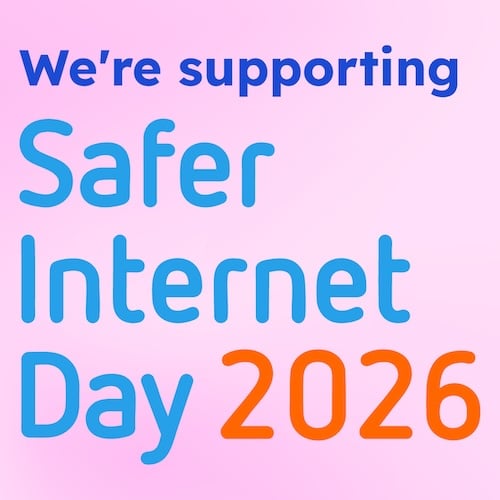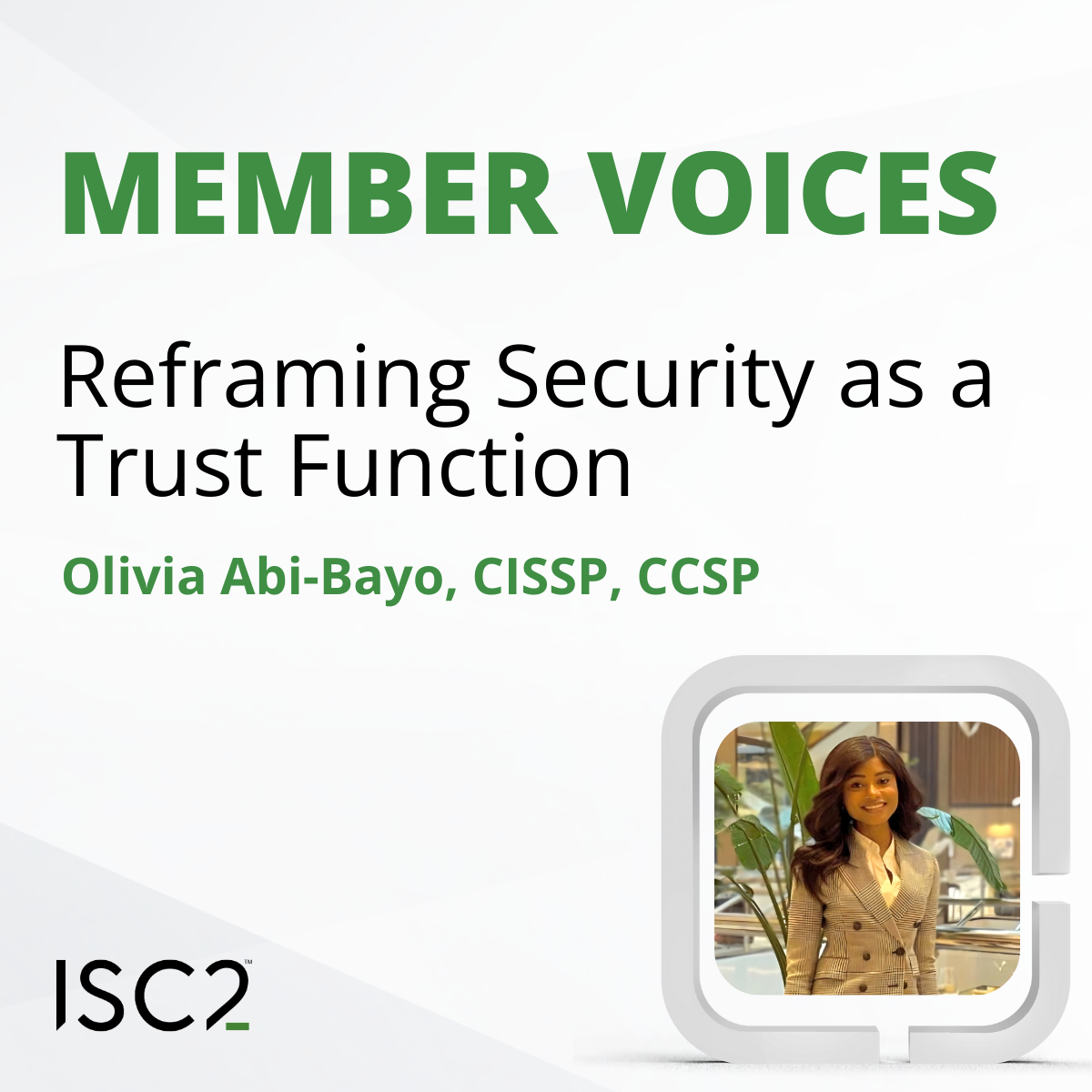Lorenzo Leonelli, CISSP shares his views on the criticality of maintaining and integrating a culture of digital trust, particularly in relation to respecting the ownership of IP within an organization or industry.
In its most simple form, digital trust is the confidence individuals and organizations place in the security and privacy of digital technologies. For example, users entrust both their personal information and money to an online banking platform, confident in its robust encryption and authentication measures.
Intellectual property (IP) rights, particularly in the digital space, are the legal protections granted to the creators of intellectual property, such as inventions and artistic works like music, code, designs and articles. These rights, including patents, copyrights, and trademarks, aim to provide exclusive control over the use and control of these creations.
Trust in relation to digital IP is fostered in digital places when creators and innovators feel they can share and distribute their work more frequently, safe in the knowledge that their intellectual property is protected by law and defendable in the event of theft or misuse. This makes an author confident that his work is somehow recognized as valuable and genuine. In turn, users can have confidence that the digital content they interact with is authentic, unique, and free from misuse.
The shift from the internet era to the era of Large Language Models (LLMs) has accelerated the evolution of digital trust because of growing worries about how those LLMs interact with digital IP, alongside algorithmic complexity and data privacy.
A World Based on Digital Trust and IP Rights
Our society is based (not just economically and politically) on digital trust and IP rights.Without digital trust, there would be a great deal of ambiguity and risk in online interactions. This would lead to a decrease in e-commerce, and a generalized climate of distrust and dread in the digital arena. Without IP rights, people and organizations would not have the motivation to devote time and resources to creating novel concepts and technologies, which would impede innovation and creativity. The fruits of creation would be freely available to everyone without the protection provided by patents, copyrights, and trademarks, which would discourage inventors, artists, and producers from sharing their work if their intention was not to gift it to the world.
Without going so far into dystopic scenarios, what will life be like if we are we going to question every phone/video call or any digital content because we have no idea if it’s coming from a trusted source? We can quickly see and understand the order and structure that both trust and IP rights bring to a variety of societal aspects such as communication, trade and assumption of ownership.
How Can We Take Care of Them?
In our organizations there are three large groups of activities we should implement in order to create a safe, trustable ecosystem around us:
- Cybersecurity Measures: To guard against online attacks and foster confidence in online communications, put strong cybersecurity measures in place. These include encryption, multi-factor authentication, and frequent security assessments. This would lead to every employee feeling they are in a reasonably protected/safe place.
- Transparency and Education: To improve users' digital literacy and awareness, encourage transparency in data management procedures and teach colleagues about online dangers and safe practices on a regular basis.
- Regulatory Structures: To provide a legal framework that protects user information and holds organizations accountable for data breaches, enact and enforce comprehensive legislation pertaining to privacy and data protection. A challenge to achieve and harmonize globally, but we are already seeing steps in parts of the world towards this goal.
In our daily life, to build a trusted environment would involve:
- Building a digital reputation, working daily on building a trust relationship with all our “life-stakeholders”.
- Get knowledge/skills/experience certified by well recognized certification bodies (these bodies already exist and already have credibility and industry trust).
- Keep our skills up-to-date only through verified sources , creating a solid background that will be our lighthouse in distinguishing genuine trusted content from ’artificial’ untrusted material.
Lorenzo Leonelli, CISSP, is an engineer and owner of theinfosecvault.com who has been working in the IT and security sector for over 24 years. Experienced in managing international projects, he keeps himself updated by constantly certifying his skills through continuous professional education.
- Our Cybersecurity Leaders Skill Builders courses tackle a number of key topics, including digital trust. Find out more here
- At ISC2 Security Congress 2023, a panel of legal and industry experts discussed digital trust issues in today's IT ecosystem. Read more



